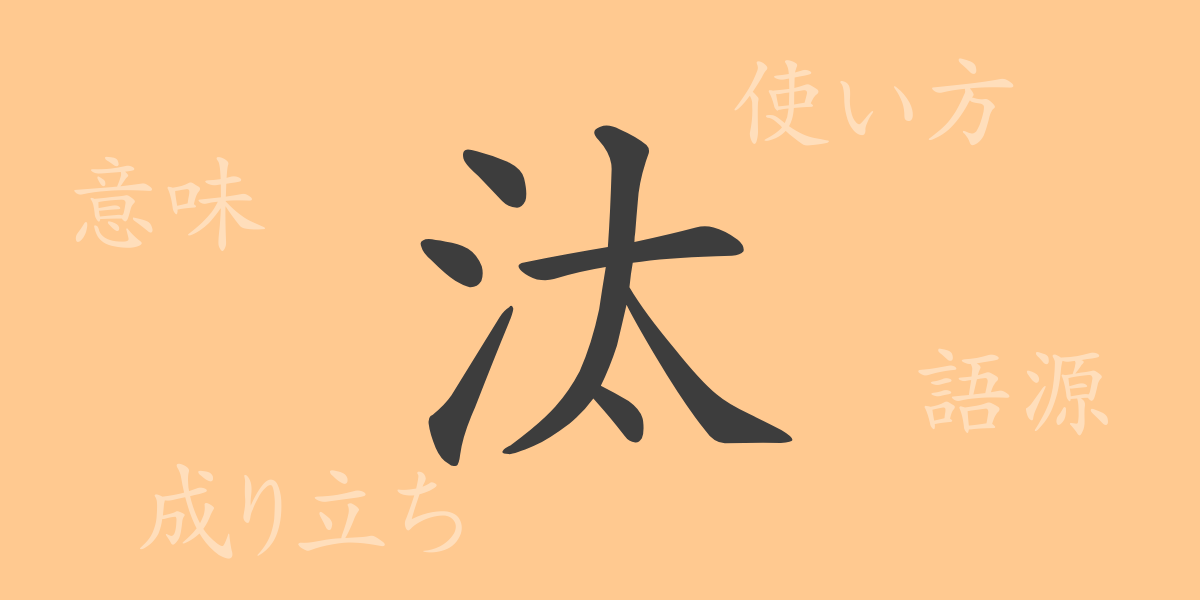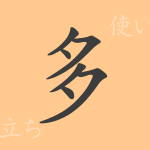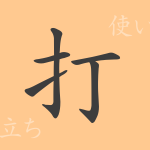The culture and language of Japan are deeply imbued with history and meaning, and this is particularly true for Kanji, which are frequently used in daily life and are essential for communication in Japan. This article focuses on the Kanji “汰” (た) (ta), exploring its origins, meanings, usage, and related idioms and expressions. Let’s embark on a journey to rediscover the depth of the Japanese language through the unique charm of “汰”.
Origin of “汰” (ta)
The Kanji “汰” originates from ancient China, combining the radical “氵” (さんずい) which depicts flowing water, and “太”, symbolizing the selection from many. This combination led to meanings such as “to select” and “to wash away”, representing standards for selecting or discarding items. It has been associated with processes involving water purification and selection since ancient times, tracing back to ancient China.
Meaning and Usage of “汰” (ta)
“汰” carries meanings like “to select”, “to remove”, and “to cull”. In Japanese, it often describes the process of removing unnecessary items and retaining only the necessary ones. The term “淘汰” (とうた) (natural selection or social Darwinism) uses “汰” to discuss evolutionary strategies in biology or competitive societies.
Readings, Stroke Count, and Radical of “汰” (ta)
“汰” has various readings in Japanese, depending on its use.
- Readings: On’yomi “タ” (ta), Kun’yomi includes “おごる” (ogoru), “にごる” (nigoru)
- Stroke Count: 7 strokes
- Radical: The radical is “氵” (さんずい), associated with water-related Kanji.
Idioms, Phrases, and Proverbs Using “汰” (ta) and Their Meanings
There are numerous idioms and phrases containing “汰”, each with unique implications. For example, “淘汰” (tōta) refers to the natural elimination of unfit elements, commonly used in discussions of evolutionary theory. “選別淘汰” (senbetsu tōta) means selecting only the superior from many. These phrases are often referenced in Japanese to discern the essence of matters.
Conclusion on “汰” (ta)
From its origins to contemporary use, the Kanji “汰” symbolizes concepts of selection and culling in Japanese. It is used broadly, from biological contexts to everyday conversation, illustrating the diversity and depth of Japanese language culture. This exploration has deepened our understanding of “汰’s” meanings and history. It’s important to continue learning about the meanings and backgrounds of each Kanji to further appreciate the richness of the Japanese language.

























